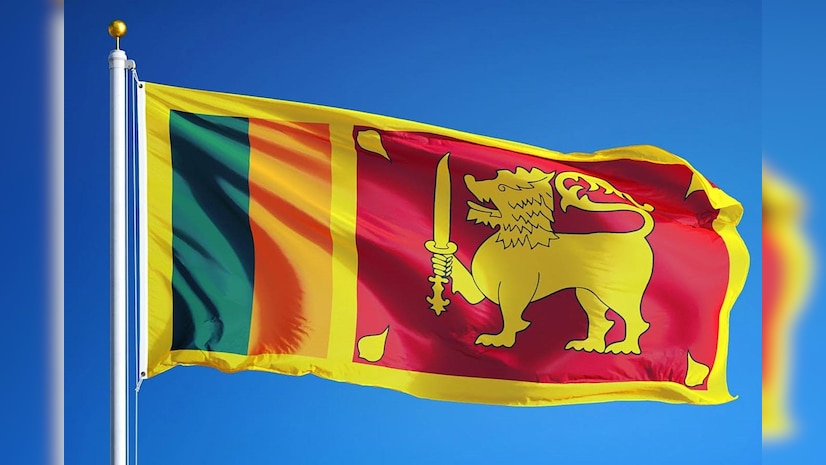Sri Lanka’s upcoming presidential election, scheduled to be held next month, is the first since an economic crisis plunged the country into turmoil two years ago. This will decide, among things, whether the unelected incumbent Ranil Wickremesinghe can hold on to his position.
United National Party’s Wickremesinghe assumed the presidency after Gotabaya Rajapaksa was ousted in the political upheaval of 2022. He faces challenge from an unprecedented number of candidates – 39 -, though he will have to vie with three main competitors of whom Opposition leader Sajith Premadasa is the most popular.
Whoever comes into power after the vote on 21 September will have many complicated tasks on hand. He will not only have to oversee Sri Lanka’s economic recovery and negotiations over an International Monetary Fund bailout, but must also show great political skill to navigate the geopolitical landscape at a time of heightened tension. Sri Lanka’s strategic location in the Indian Ocean means major powers like China, India and the US all have great stakes in the outcome of the election.
For that reason, 38-year-old Namal Rajapaksa, representing the Sri Lanka Podujana Peramuna (SLPP) party, seems to have a bleak prospect since members of his family presided over the worst economic meltdown in the country’s history. Namal is a descendent of the powerful Rajapaksa family, nephew of Gotabaya and son of another former president, Mahinda.
A June survey, the latest available, conducted by a nonprofit research outfit showed that Premadasa, representing the Samagi Jana Balawegaya (SJB) party has support from 43 per cent of voters. Anura Kumara Dissanayake of National People’s Power (NPP) came second with 30 per cent support and Wickremesinghe with 20 per cent.
Analysts say Wickremesinghe’s association with the Rajapaksas, who gave him their support after Gotabaya fled the country while in office during the 2022 uprising, may go against him. Facing severe shortages of fuel, food and medicine, soaring prices and lengthy power cuts, Sri Lankans took to the streets to demand change. Sri Lanka’s Supreme Court ruled late last year that Gotabaya and Mahinda Rajapaksa were among 13 former leaders guilty of economic mismanagement that led to the crisis.
Since Wickremesinghe has assumed charge, Sri Lanka has sought IMF aid and the economy has again started to grow. However, the IMF reforms have also hit hard some segments of society. It is also hoped that the way he has tried to steady the ship may serve him in good stead in the coming contest. When he took over in 2022, the country’s economy had collapsed. But since then, he has successfully tackled the problems and stabilized the economy.
His detractors, however, point out he does not have support beyond urban centres. While the economy was brought back from ruin, he has also imposed burdens on large sections of the population, mostly the poor and the middle classes. This has resulted in social discontent that is likely to work against his political fortunes.
Prices have risen threefold, but the salaries of most people have remained stagnant. This has created immense hardships for the majority of people. Opposition leader Sajith Premadasa’s supporters hope Sri Lankans will vote for a clean break from any link to the Rajapaksa clan. For now, the Opposition parties are promising that they will fight against corruption.
Despite Sri Lankans’ desire for change, some are still pinning their hopes on Wickremesinghe who is credited with the recovery from economic collapse when the people had to go for months without gas or fuel and had daily power cuts.
Inflation has dropped to about 5 per cent from 70 per cent two years ago under Wickremesinghe’s administration. Interest rates have also dropped, the Sri Lankan rupee has rebounded, and foreign reserves have increased. The election is seen as a referendum on his economic reforms, which have not affected many people despite improving key economic figures.
